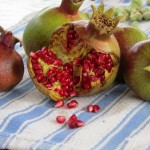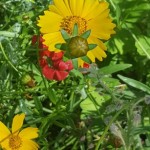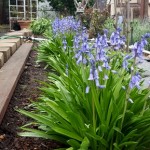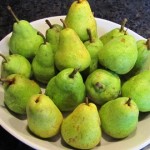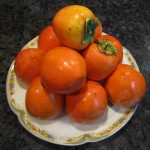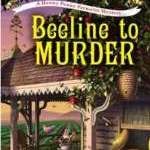Cultivating Beets for Good Health
Want to reduce inflammation, lower your blood pressure, increase your fiber intake, and reduce your LDL cholesterol by eating just one food? Try beets.
This jeweled-hue root vegetable, perfect for borsch, can be made into a smoothie, tossed into your homemade pesto, or served up as a salad, snack, or side dish. Beets contain phytonutrients or compounds in plants that contain cancer-fighting and anti-inflammatory properties.
To be specific, beets are rich in betalains and nitrates. The former has potent antioxidant powers while the latter reduces inflammation by removing from your bloodstream those compounds that are known to be inflammatory and harmful. Consider, too, that the purple-red juice (known for staining surfaces) can be used as a natural food coloring.
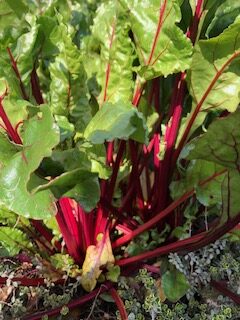
of the beet root are edible and nutritious
Cultivating Beets
Beets grow best in fertile, well-draining, loose soil (no rocks or weeds) with a slightly acid or neutral pH. Work into the soil plenty of compost before planting. They need plenty of room for the root to plunge and for the beet to form and grow.
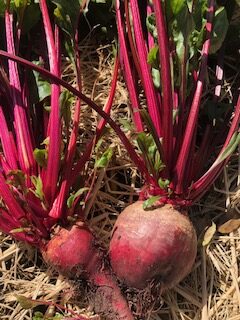
A good soaking of beet seeds 24 hours before planting will expedite their germination. Alternatively, soak the seeds for one-half hour in warm water and then plant. Throughout the growing season, water the beets when the soil is dry.
Beets need about six hours of sun to thrive but will accept some shade. They are a cool season crop, meaning that they will thrive in temperatures hovering around 55 to 60 degrees Fahrenheit. Think of the seasonal temperatures of spring or fall.
Some heirloom, non-GMO seeds will produce a variety of beet colors such as deep purple or yellow. Sow your seed every three weeks in early spring for a continuous crop of beets that will bestow wonderful health benefits.
If you enjoy reading about country living and gardening topics, check out the Henny Penny Farmette series of cozy mysteries. They are based in part on my real life on the farmette and are chocked full of tips on keeping bees, caring for chickens, growing heirloom vegetables, and cooking delicious recipes.
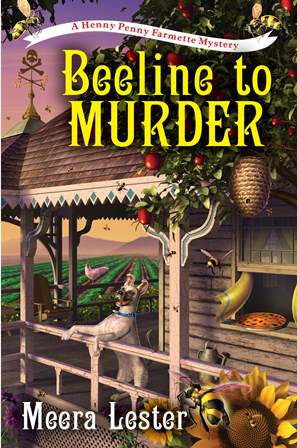
Why I Choose to Plant Heirloom Seeds
Here in Northern California, gardeners are filling the local nurseries in search of seeds and seedlings to plant in their gardens. Many choose vegetables like tomatoes. The options are either hybrid and heirloom types.
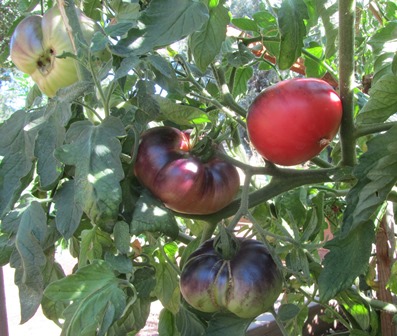
Hybrid seed has been bred for higher yields and to be more disease resistant. Heirlooms are seeds that have been around for generations and are still popular because they perform well. Heirlooms have not been hybridized or genetically modified (non GMO).
Last year, I planted some heirloom yellow Brandywine cherry tomatoes. The pretty leaves looked more like potato than tomato leaves. The fruit was delicious and the plants were super productive.
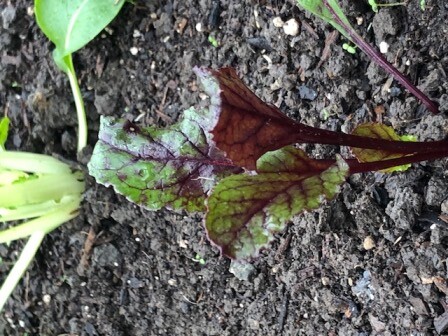
The rains came before I got composting done on that bed. Winter arrived and then spring again. The seeds leftover from the previous summer garden sprouted and gave me hundreds of new yellow tomatoes for this year’s garden.
I love working with heirloom seeds. Because you can harvest seeds (or enjoy some plants that re-seed), you save money. You can collect seeds from you best specimens for a future garden. Hybrid seeds are often patented and more expensive. The seed company owns the right to those seeds.
Heirlooms are open pollinated and offer an incredible diversity in color and size of produce. These open-pollinated plants are often attractive to Earth’s pollinators like bees and butterflies. Pollinators boost production in the garden. Heirlooms are our great-great grandparents’ seeds and have stood the test of time for flavor, production reliability, and growth dependability. You have a choice. Why not try heirlooms this year?
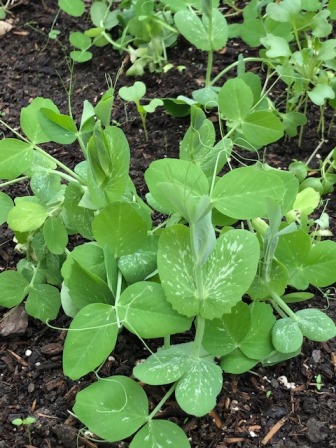
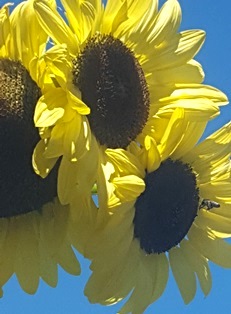
If you enjoy reading about gardening and country life, check out my Henny Penny Farmette series of cozy mysteries, including A BEELINE TO MURDER, THE MURDER OF A QUEEN BEE, and A HIVE OF HOMICIDES. These cozy mystery novels and the more than two dozen health and wellness books I’ve written are available online and everywhere books are sold.
See, https://www.amazon.com/Meera-Lester/e/B001JP835E%3Fref=dbs_a_mng_rwt_scns_share
A CHORES LIST FOR THE AUTUMN GARDEN
Each year on the first day of autumn here on the Henny Penny Farmette, I take stock of my fruit trees and vegetable and flower gardens.
The Old Farmer’s Almanac points to mid-October 2019 for early rain in Northern California, so there’s much for me to do over the next two or three weeks.
- Nothing says “autumn” like ripe pomegranates
My chores list includes the following items. They’re roughly the same from year to year.
1. Gather seeds from self-seeding or heirloom, open-pollinated plants (flowers and vegetables) for next year’s garden. Dry seeds and store them for planting next spring.
2. Sow spring-blooming bulbs (such as daffodils, tulips, hyacinths, ranunculus, crocus, and buttercups available in garden centers now).
3. Turn soil and prepare beds for the cool-season vegetable garden (broccoli, cabbage, beets, and parsnips).
4. Inspect and divide perennials.
5. Harvest olives and preserve them.
6. Pick late summer pears and ripe pomegranates. The leathery covering of pomegranates already may be splitting open and showing ruby red seeds. The juice of the seeds makes a wonderful jelly.
7. Check persimmons for ripeness. Pick if they’re ready. They might need another month.
8. Harvest and store pumpkins and butternut squash. Peel, remove seeds, and cut the flesh into squares for freezing.
9. Compost old garden vines and vegetable plants that are done bearing for the season. Check tomato plants infected with bacterial or fungal diseases and do NOT add any of these to the compost pile.
10. Begin the process of cleaning and storing gardening items not required over the winter.
11. Sow spring-blooming wildflowers in prepared beds.
12. Schedule time to prune back crop-bearing fruit trees (like apricot, peach, and plum).
I actually look forward to those chores. They’re part of the natural rhythm of farmette life. With a list and plan to get everything done, I won’t be caught by surprise when the weather turns cold, dark, and rainy.
________________________________________________________________________________________________
If you enjoy reading about farming, country living, keeping of bees and chickens, and gardening, check out my Henny Penny Farmette series of cozy mysteries. They’re chocked full of ideas, tips, and delicious recipes for country living.
Also, take a look at my numerous self-help and wellness books. All are available at Amazon.com, Barnes & Noble.com, Walmart.com, and other online and traditional bookstores everywhere.

More than 150 rituals for sound mind, strong body, and meaningful connections to the people around you
 Facebook
Facebook Goodreads
Goodreads LinkedIn
LinkedIn Meera Lester
Meera Lester Twitter
Twitter





